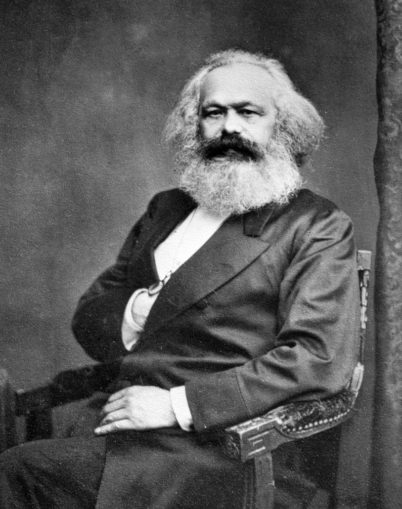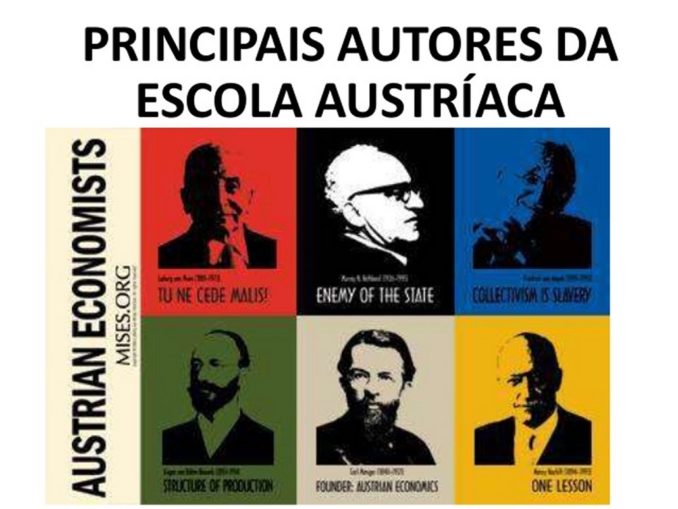
John Jabez Edwin Mayal [Public domain], via Wikimedia Commons
The Labour Theory of Value (LTV) has always been of interest to me. It is the theory on which nearly all Marxian school of thought rests – debunk the LTV, and you’ve essentially debunked the main thrust of his work.
150 years ago arguably the most influential work printed in the German language was released. Weighing in at 3 volumes, Karl Marx’s tour de force “Kapital” dissected the shortcomings of 19th century capitalism in a devastating critique, and soon became the de facto bible for every militant revolutionary and frustrated INTP bedsit dweller worldwide.
Whilst there is no denying the validity of Marx’s observations relating to the harshness of working life typical of the time, he came dreadfully unstuck when attempting to mathematically prove that workers were exploited. The beginnings of his odyssey in his quest for this proof began with the Labour Theory of Value (LTV).
What is the LTV?
The LTV is the theory that a commodities exchange value, under perfect market equilibrium, is equal to its value.
Debates on the validity of the LTV often descend into farce for one simple reason – the definition of value. Non-Marxists intuitively use market price as an expression of value whilst Marxists utilise their own definition.
Marx ascribed 3 components to the value of a commodity.
Use Value
This is the utility of the commodity
Exchange Value
This is the market price of the commodity.
Value
This is what the commodity cost to produce. Value is absolutely key to all of Marx’s theories most notably: exploitation, surplus value and alienation.
Contrary to popular belief, Marx did not state that the price of a commodity was equal to the amount of labour that went into it. He did however claim that the value of a commodity, taken across society, was calculated by it’s Socially Necessary Labour Time (SNLT) In other words, the average time it took to produce the commodity under average conditions. On its face, this appears to be a quite reasonable way to predict market price, but delve deeper and all manner of objections surface.
Where Marx went wrong
The main objection is that Marx created his own definition of value, and then conflated it with exchange value whilst trying to prove his theory of surplus value (profit, to a normal person).
Take the following example of the cost to make a chair.
- Materials £2
- Machinery £3
- Labour £10
- Overheads £1
Given the above, the Marxian value of the chair is £16 – this is what it will exchange for given perfect market equilibrium (supply and demand in harmony)
Let’s say the chair sells for £25. Marx maintains that £9 has been stolen from the worker by the capitalist, but what he appears to disregard is that at the time of production, nobody knew what the exchange value of the chair would be!
Conversely, the chair could sell for £3 and instigate a tumultuous period for the company – in this scenario it is the capitalist, not the worker who comes off badly – the worker still gets paid whatever he produces. This perfectly illustrates the element of risk taken on by the capitalist, something which Marx and his present day disciples are seemingly unwilling or unable to account for.
Observers would also claim that the cost of machinery contributes to the cost of production. Not so according to the workshy German – machinery is bizarrely classed as “embodied labour”, so in purchasing capital equipment the capitalist is merely appropriating dead labour in another cynical act of exploitation.
So what is value?

The LTV was very much of its time. Marx’s model of economics had a decidedly aspergic flavour, with little to no acknowledgement of intrapersonal motivations and incentives, resulting in a view of reality akin to someone who had read about life via a textbook.
It wasn’t until later in the century that William Stanley Jevons, Léon Walras, and Carl Menger almost simultaneously arrived at the Subjective Theory of Value, which correctly posits that the value of anything is in the eye of the beholder, regardless of what effort went into its production. This has remained the dominant definition of value ever since, relegating the LTV to be propounded only by fringe academics and other individuals of a questionable mental state.
© Shibusa 2018
The Goodnight Vienna Audio file



